
Historical fiction film and television productions present a life that today’s viewers cannot experience, offering a unique escape.

Historical fiction film and television productions present a life that today’s viewers cannot experience, offering a unique escape.
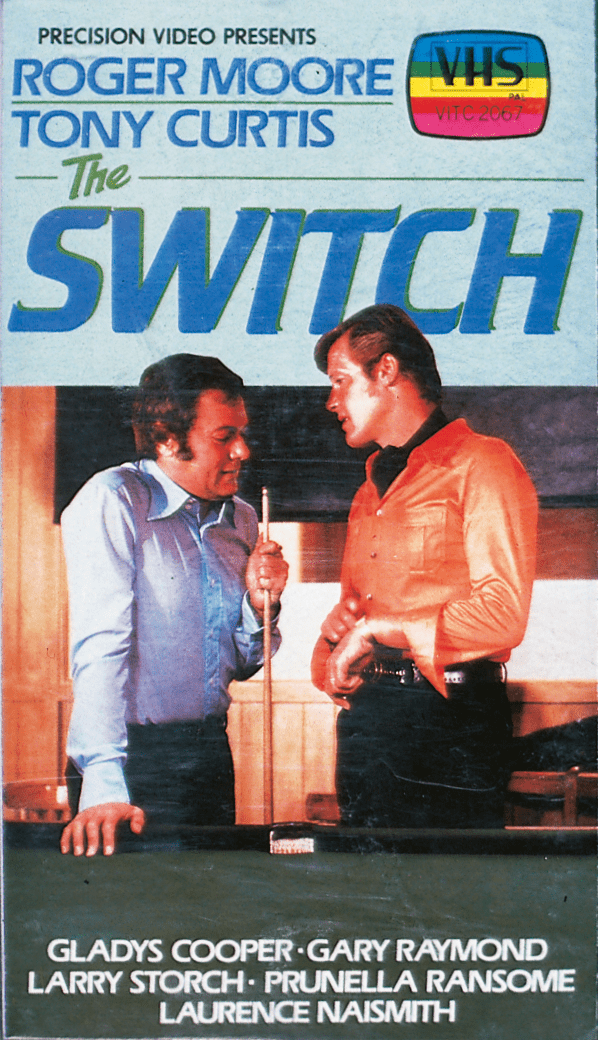
Thinking the other week about binge watching – which, you may recall, I and my friends actually invented a few decades back – I have to admit that there were certain instances where it wasn’t actually our obsessional thirst for monsters and spaceships which turned us into televisual gluttons, consuming more than our body weight in Sapphire & Steel (1979-1982) episodes at a single sitting.

(with apologies to Zodiac Mindwarp and The Love Reaction)[1] Regular readers (hello Mum!) of my utterances on this site may be wondering what I have against TBN[2]. Well, not much in all honesty. I mean, it’s sporadic at best.
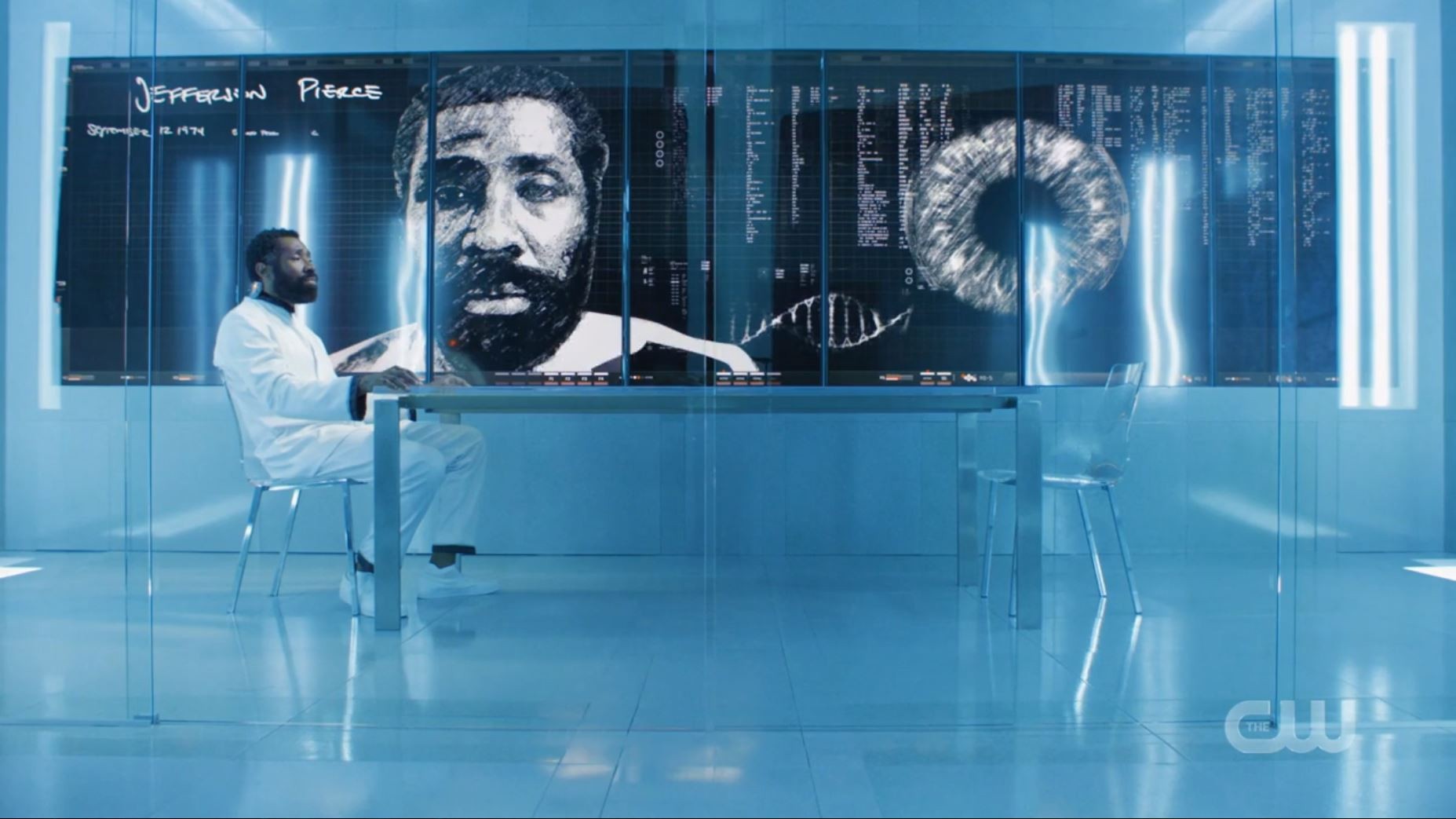
UPDATED Deadline for submission of abstracts: July 31, 2020 A decade ago, Beth Coleman and Wendy Hui Kyong Chun introduced the concept of race and/as technology.* Turning to Heidegger’s notion of techne as prosthesis or skill, Coleman and Chun imagine race itself as a technology that can be leveraged, a tool for navigating systems of power.
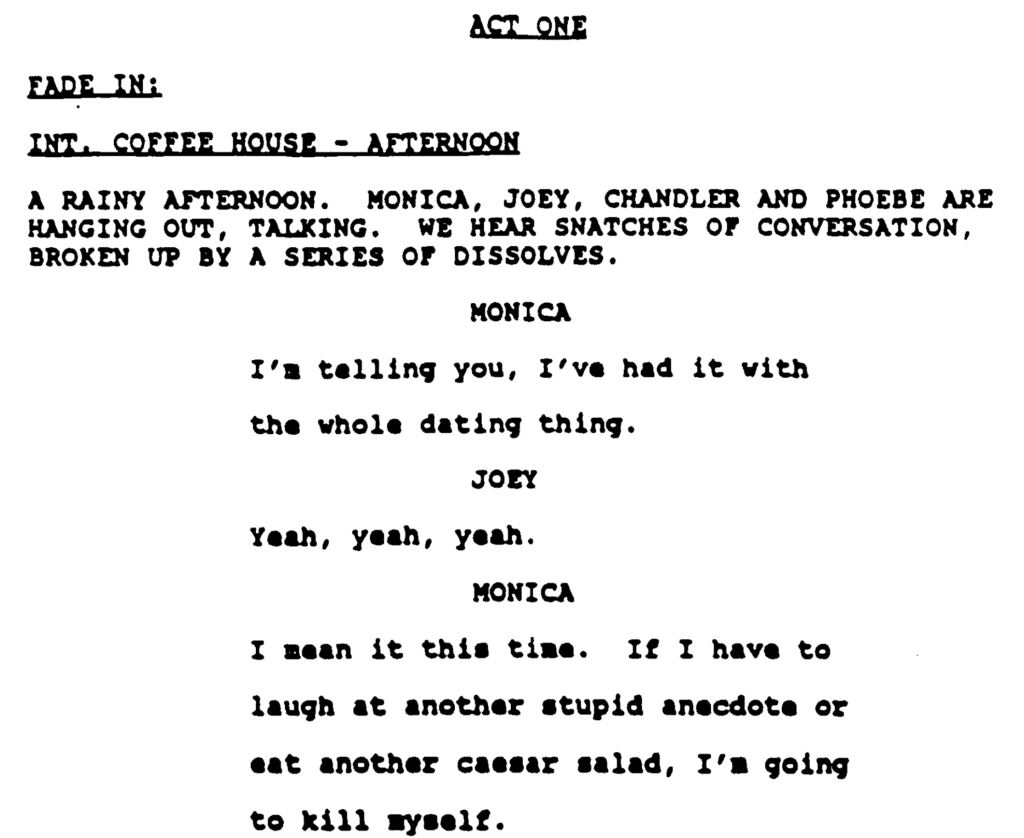
The Journal of Screenwriting is calling for articles for a special issue on emerging screenwriting styles, modes, and languages, to be published in November 2022.

Edited by Dr. Dan Vena (Carleton University/Queen’s University) and Dr. Nael Bhanji (Trent University) In Transgender Studies Quarterly , Francisco J. Galatre (2014) suggests that transpedagodies should “offer students the tools they need to participate in the political and economic power structures that shape the boundaries of gender categories, with the goal of changing those structures in ways that create greater freedom” (146).
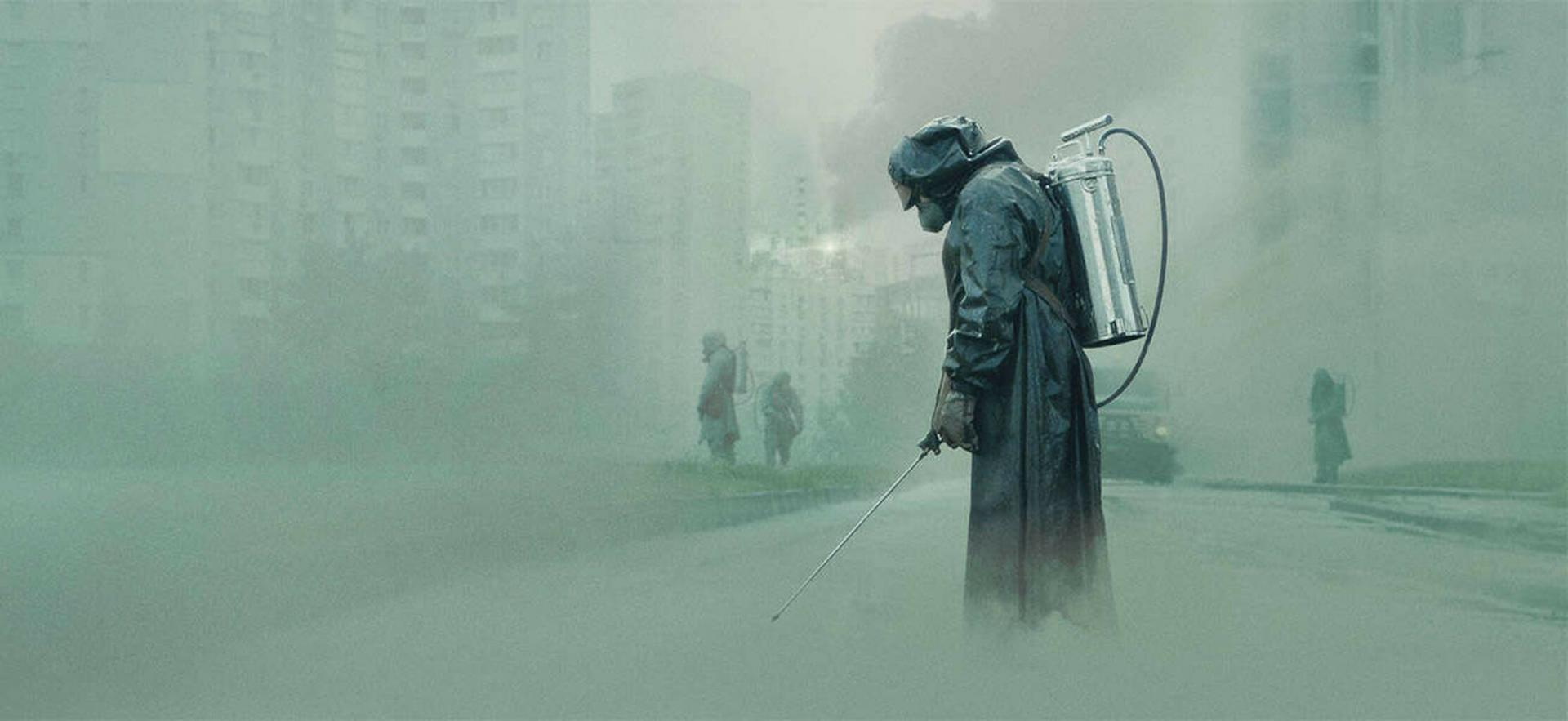
Guest Editors: Jaime Hyatt and Florian Wagner From its inception in the early 1990s, the field of ecocriticism has grown considerably in scope and scholarly impact.

To be considered for the edited volume, Queer TV China Contemporary China largely remains a hetero-patriarchal-structured society. Nevertheless, certain media and public spaces—though limited and compromised—are available for the negotiated survival and expressions of its gender, sexual, and sociocultural minorities (Bao 2018, 2020; Engebretsen 2014; Engebretsen and Schroeder 2015; Ho 2010; Kam 2013;

Both articles and book reviews should be sent before September 1st 2020 to: joelle.rouleau@umontreal.ca jlesage@uoregon.edu At first sight, “queer” and “television” might seem opposed.
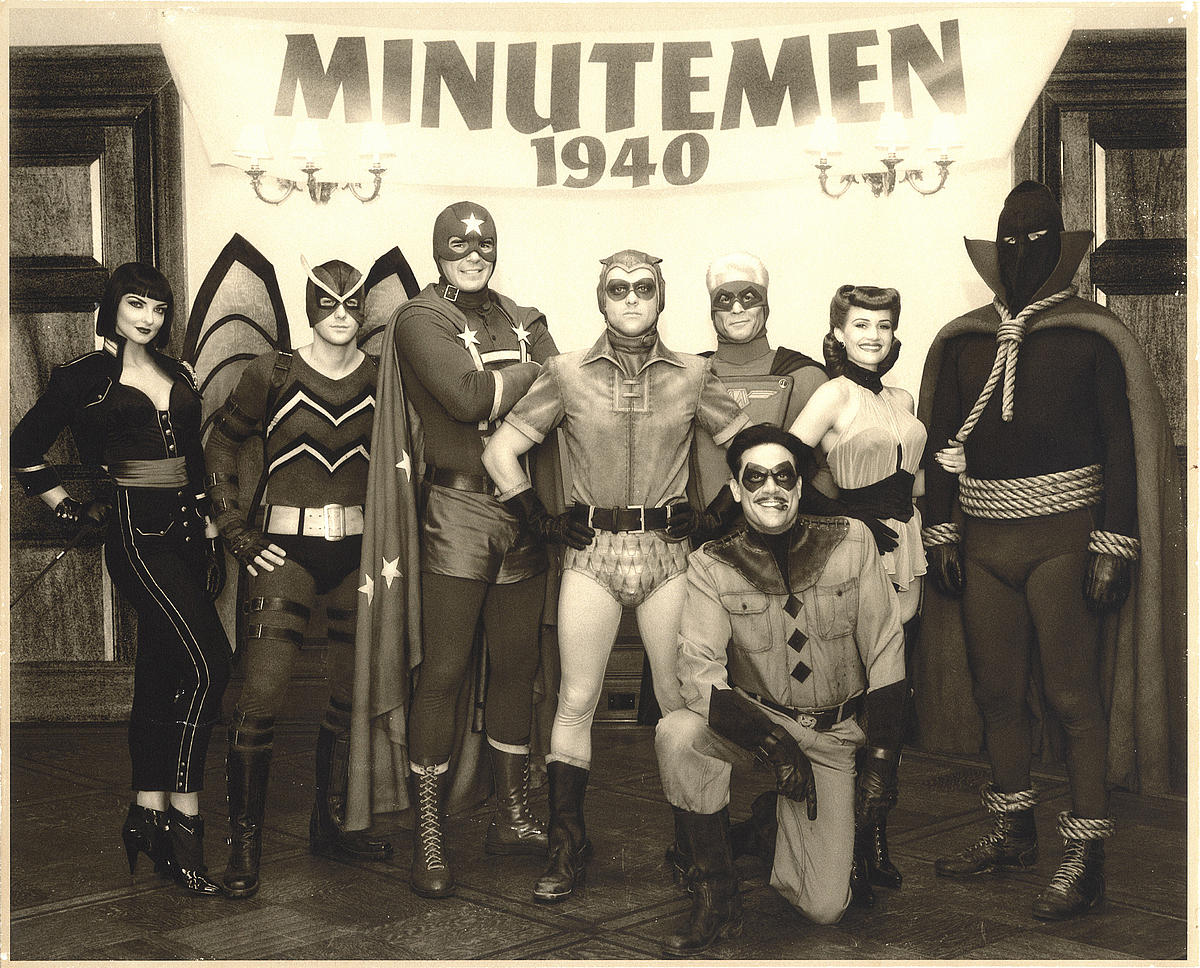
Special Collection: Translation, Remediation, Spread: The Global Circulation of Comics in Digital Distribution Editors: Jonathan Evans, Kathleen Dunley and Ernesto Priego Timeline: CFP made public: May 2020 Deadline for first drafts: 30 June 2021 Initial editorial desk review: 30 August 2021 Peer Reviews due: 16 January 2022 Revised papers due: 30 June 2022 Estimated Publication of articles as they become ready: August 2022 Submissions called